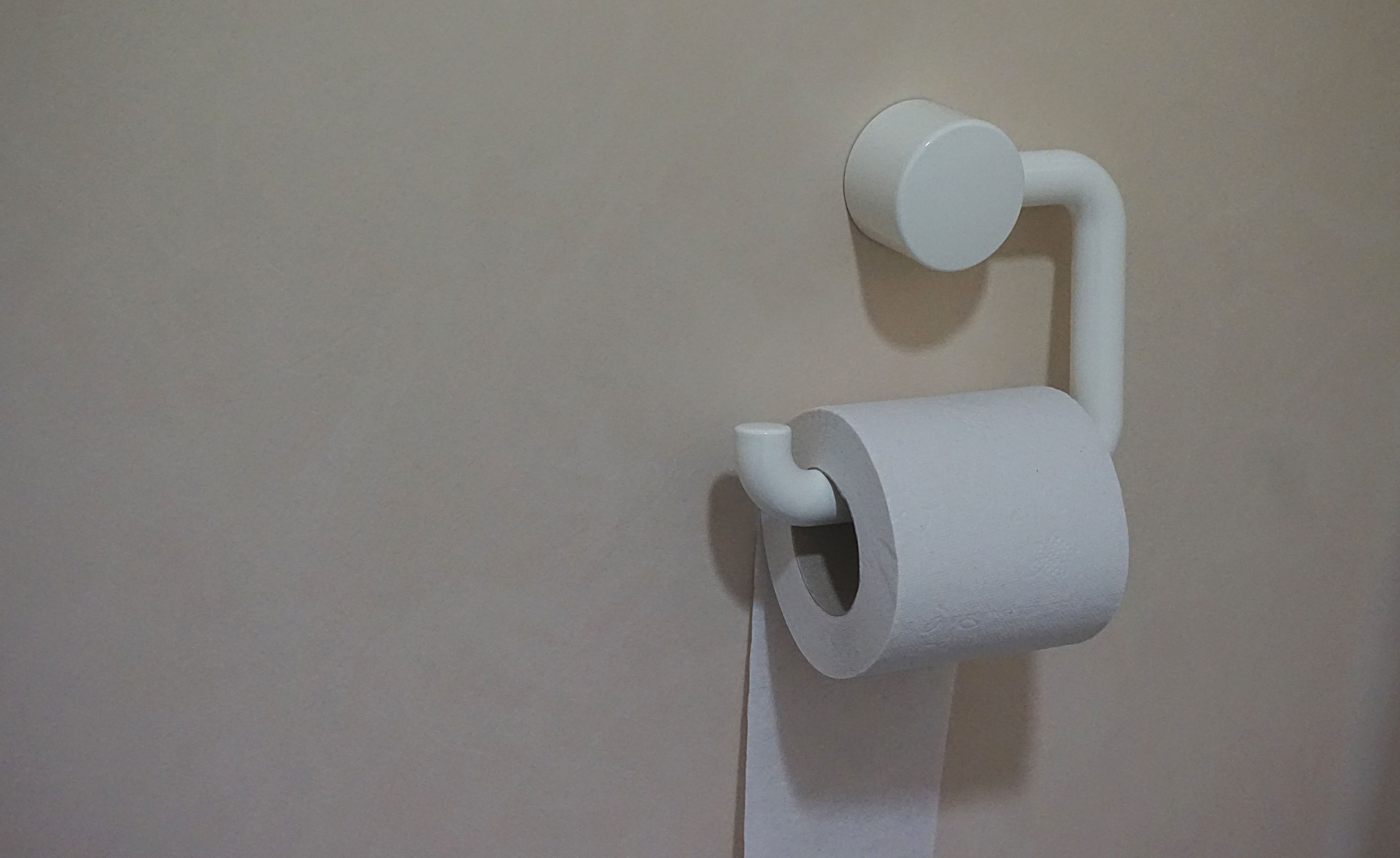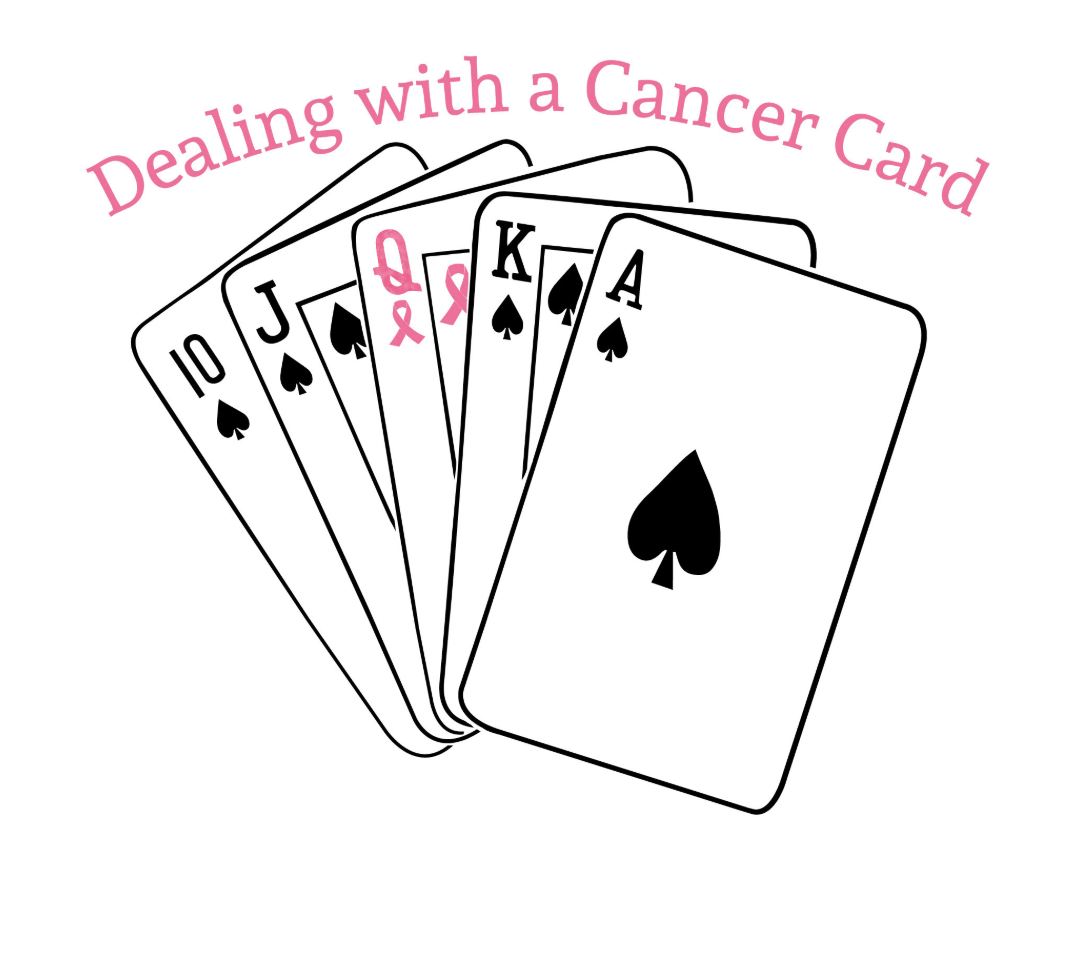About two weeks into training, my period resumed. My last menstrual cycle began on September 28, which was the day the port was placed. Chemo began October 2, so I may be in chemopause.
A few days later, I realized, it wasn’t my period and I suspected something really amiss with my urinary tract. So I called the cancer center nurse line again. Bleeding concerns the cancer center because the voice prompts asked me to press 0 for bleeding. They asked me a few questions to confirm fever of 100.5F+ (no), aches (no), chills (no). I was referred to call my primary care physician with directions to go to urgent care if I showed certain sign/symptoms.
I called my primary care’s office to make an appointment but was directed to a nurse instead. I think cancer might have gotten me a straight connection to the nurse. We spoke of my case and symptoms, and she nurse referred me back to the cancer center. I explained that they don’t look at my non-cancerous body parts, but she said the cancer center knew my case better. By this time, it was late in the day, so I opted not to call the after hours nurse line since the bleeding had not increased.
I called the cancer center nurse line the next day and explained the situation. The cancer center told me to call primary physician, so I did. The primary physician again told me to call cancer center. The cancer center nurse told me to call the local hospital again and tell them that I have permission from the cancer center to be treated at the local hospital. So I called the local hospital for an appointment, was connected to a nurse, and told her I had permission. I don’t recall if it was the same nurse, but it worked.
The first appointment I could get was with the physician assistant (PA), so I took it. In the two days from the I think it’s from my urinary tract to getting the appointment with the PA, I realized maybe this wasn’t from my urinary tract but from my rectal area.
Part of my role as a patient is to report the signs and symptoms I’m experiencing, but it was a bit strange explaining that I could see blood but not the source. I shared my bleeding gums, bleeding cuticles, bleeding earring piercings, and purple dots on my skin.
She performed a pelvic exam. I was wondering where the built-in lights on the exam table were until I saw the speculum with the built-in light. This bit of technology is not something I’ve seen hawked around theme parks as the sun meets the horizon and is not something that was in use at this hospital at the time of my last exam for a pelvic exam. (Before I left the exam room, I did look at it on the tray to try to figure out where the ‘on’ switch was located, but I didn’t touch it.)
The PA saw a hemorrhoid but she didn’t think it was inflamed. I didn’t know hemorrhoids could bleed.
She ordered some labs to check my platelets and liver function, amongst other things. She referred me to a gastroenterologist, who I’d seen about seven years prior for a colonoscopy. She wished me well and I off to to the lab I went.
Nowadays, the techs use my port for blood draws, but this was not the cancer center, so the phlebotomist had to use my arm. Port access requires training, different ports have different directions, hospitals use different ports, and each hospital has different staff protocols. This was the first time I had to tell someone to use my left arm for a blood draw, since doing so on my mastectomy side could increase the risk of lymphedema.
On Monday, a nurse from the PA’s office called to follow-up about my symptoms and to tell me not to use any suppositories. I didn’t recall any directions about suppositories or any real directions about the care of the possible bleeding hemorrhoid…drat, maybe I was too distracted by the light-up speculum to remember anything.
A bit later, the phone call came from the cancer center telling me that my platelets were 45. Normal range starts at 165. Two days after receiving two units of blood after my April surgery, my platelets were low, but not that low. I asked if I was supposed to be using a suppository because I was advised not to do so, but I don’t remember being told either way to use or not use them at the local hospital appointment. The cancer center nurse told me that they didn’t want me to use suppositories. Roger that. No suppositories. She gave me guidelines to keep in mind and directions to call if anything changes.
The phone rang again. The same person from the local hospital told me that my platelets were 45 and that they results were shared with the cancer center. I thought it a little strange that the cancer cancer contacted me with the results before the local hospital, but glad that they were communicating with one another.
I made an appointment with the gastroenterologist (GI) for August 1, the soonest that worked for our schedules. I sent a note to my oncologist’s office sharing the appointment date and asking to let me know if it needed to be changed. They told me to keep the appointment.
I’ll see my oncologist twice before the GI, use Senna if necessary, and stay hydrated. It’s been interesting to navigate my own care between multiple physicians, but I’m grateful to have a medical team I trust.





